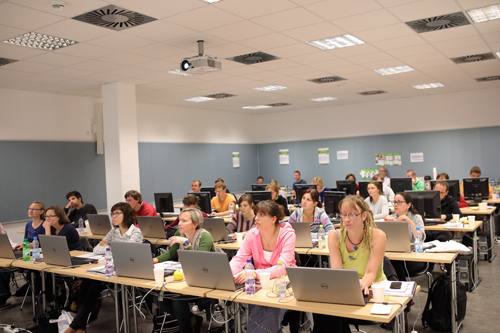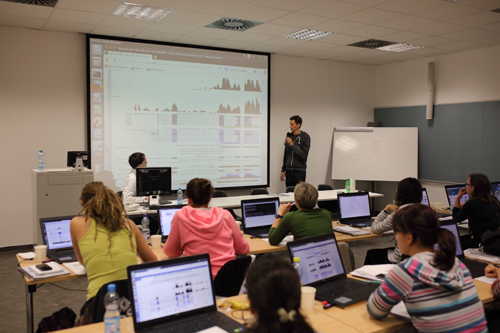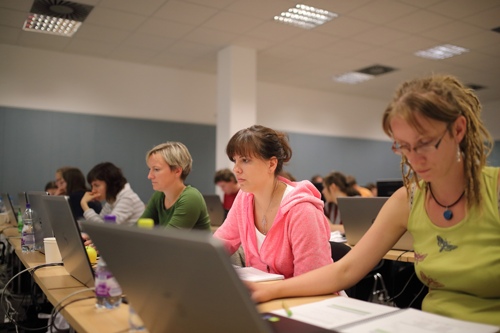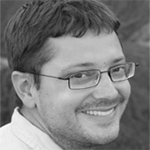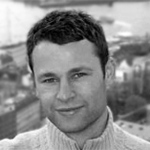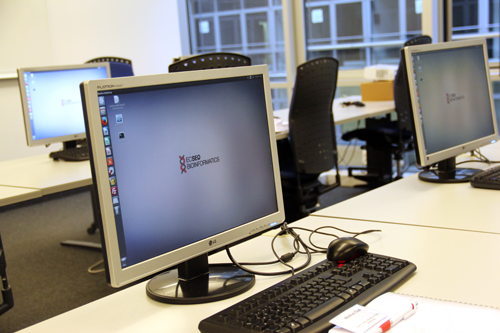Next-Generation Sequencing Data Analysis: A Practical Introduction
Quality Control, Read Mapping, Visualization and DNA Variant Analysis

Advance your research. Understand NGS and analyze sequenced data yourself.
In a nutshell
- Learn the essential computing skills for NGS bioinformatics
- Understand NGS technology, algorithms and data formats
- Use bioinformatics tools for handling sequencing data
- Perform first downstream analyses for studying genetic variation
When?
November 29 - December 1, 2023
Where?
Munich, Germany
